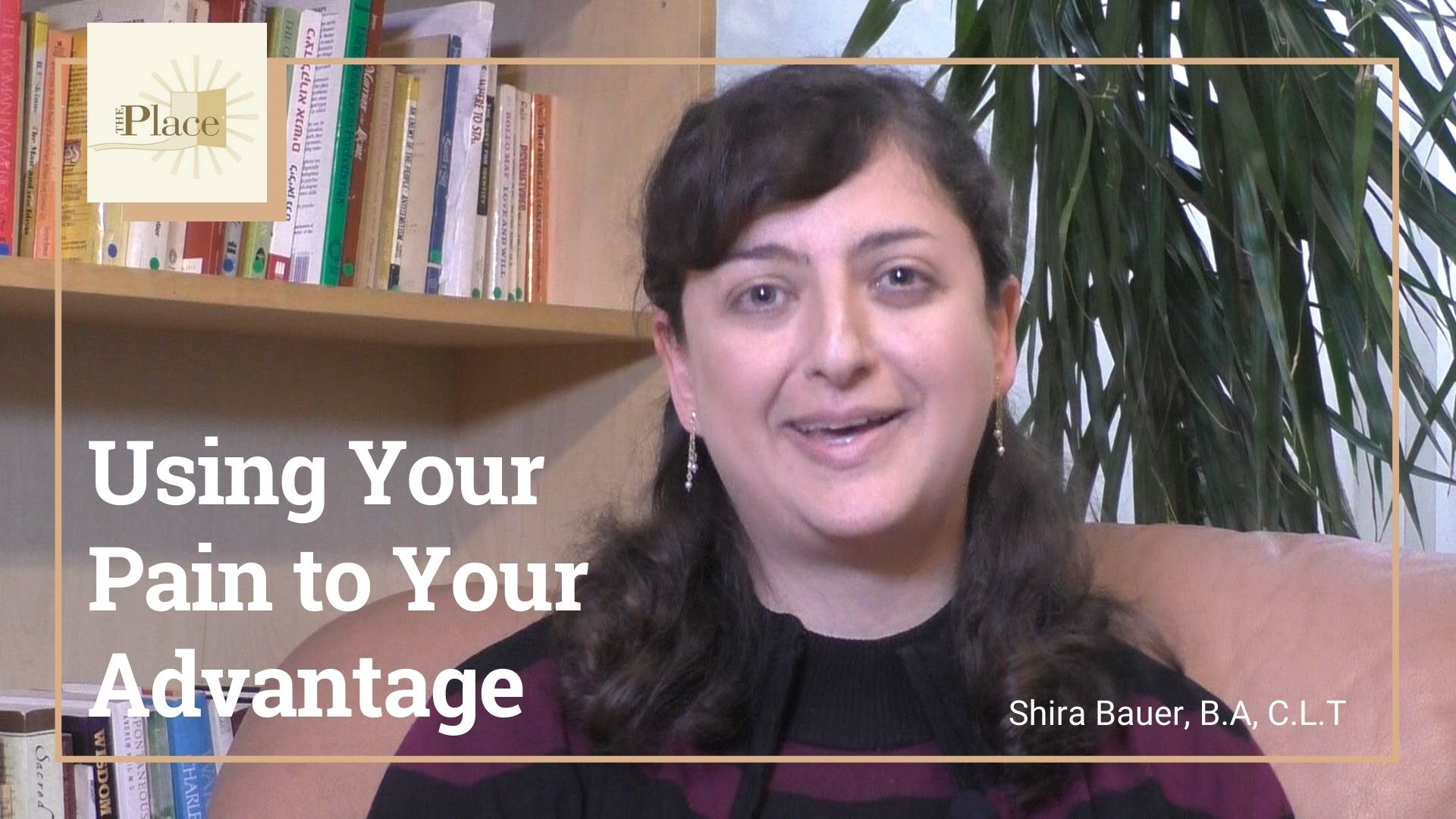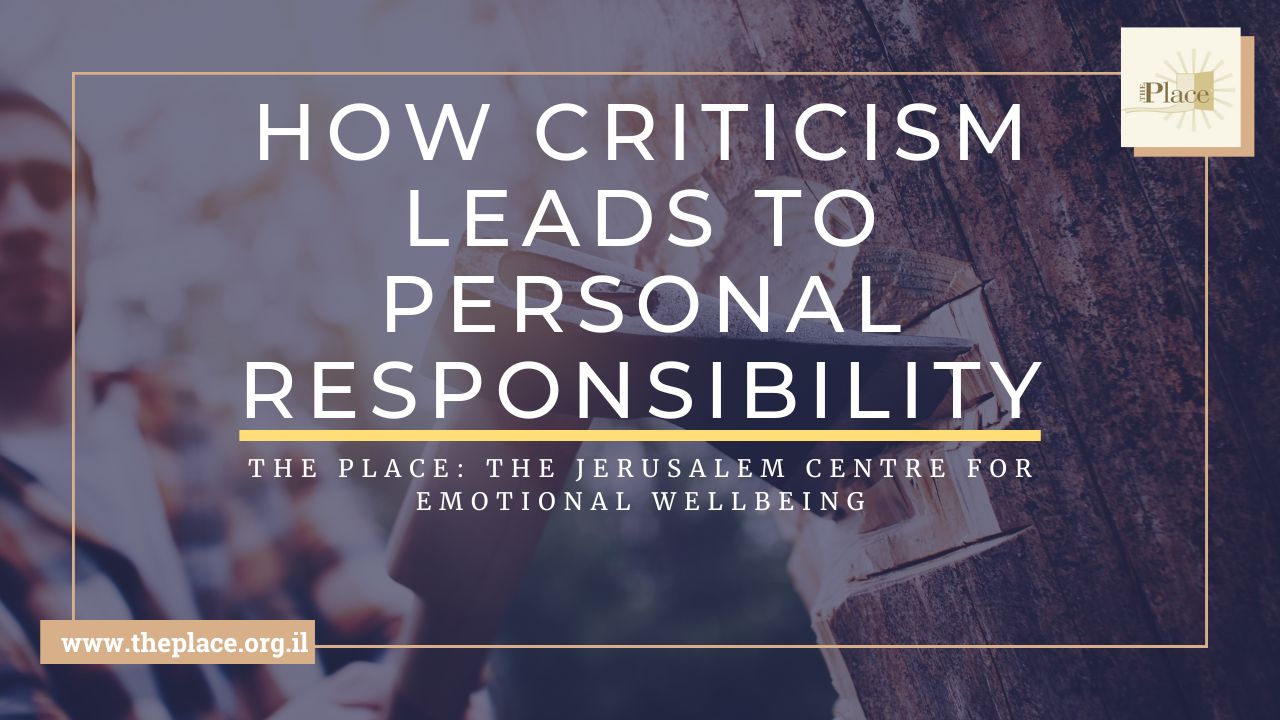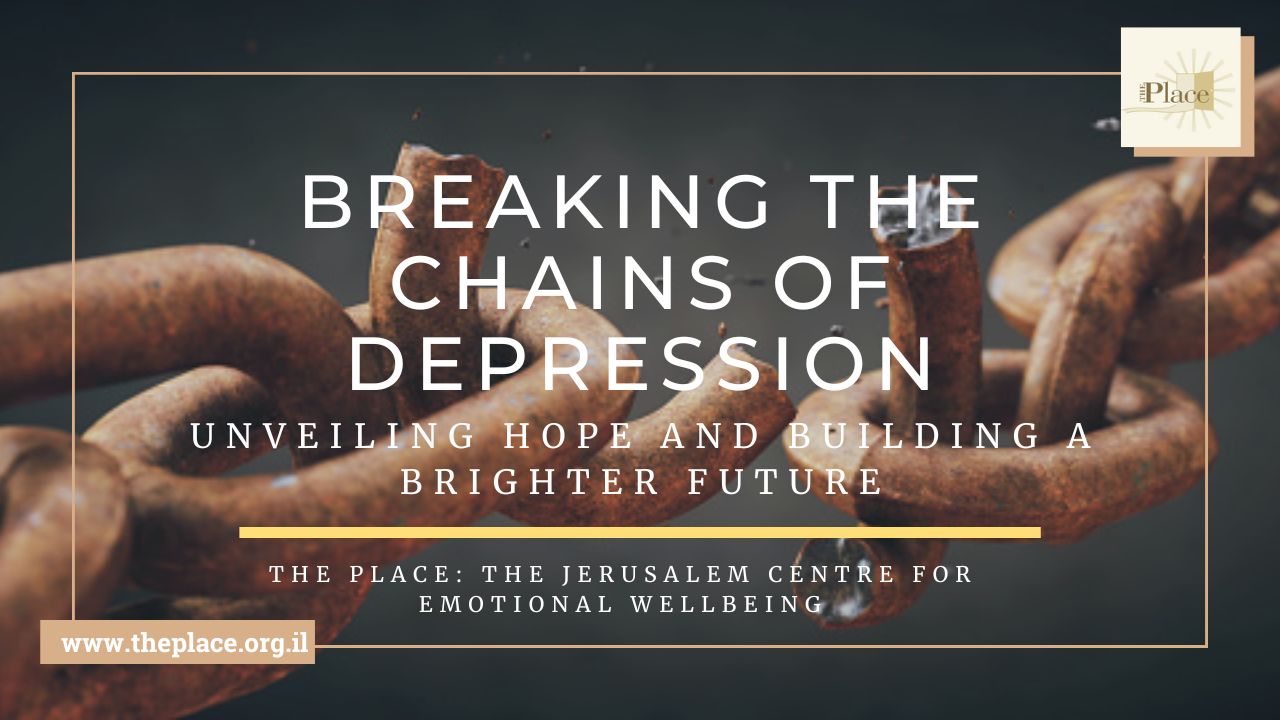- The goal is to see your child happily wed, but there are multiple paths to get there. You and your spouse want to be on the same page. Even if you are no longer married to your child’s other parent – your child must not hear conflictual messages about how to pursue their ultimate relationship. Is there an extended family member or mentor who’s influencing your child’s relationship path? How can you stay in sync with all players?
- We have no control over our child’s future. At best we have influence. The One who does control needs to be invited into the process. Utilize prayer throughout – it may be the most powerful influence that you have.
- Modeling healthy relationships is one of the best ways to prepare your child for marriage, and it starts as soon as you receive your cherubic newborn. But you can best model healthy relationships if you’re aware of what was positive or negative in your own parental experience. How did your family solve problems? Deal with pressure? Resolve conflicts? Manage crisis – whether health, financial, vocational, familial or any other? And even if you’ve ‘inherited’ some unhelpful relationship habits, or some aspect of your own marriage was negative – it’s not too late. You can choose to shift and improve your matrimonial / relationship model and infuse your child with a greater chance at relationship-health.
- Prepare your child for marriage. Teach them what a Jewish marital relationship is about. Are they prepared to be committed, loyal, honest, responsible, reliable and other-centered? Do they have any traumas, fears, emotional blocks or personality issues that are hindering the process? Some children are ready to forge an enduring relationship at quite a young age, and some need more time. We needn’t pressure our child due to our own fears and stress. If you think your child is not marriage-ready, marriage is unlikely to fix the situation. Best to seek out the appropriate resources that can help (you help) your child towards this worthy goal.
- What used to be a simple community service has evolved to complex proportions. Modern matchmaking is a science unto itself. What format fits your culture, needs or values?
- A human matchmaker who collects resumes?
- Websites?
- Speed dating?
- Singles gatherings?
- Do you require a matchmaker who ‘specializes’ in ‘older’ singles or special issues (like health conditions)?
- Do you prefer to date in person or to begin with phone, texting, WhatsApp or zoom?
Once you find the forum that suits you, you will want to explain what makes your child unique, and what kind of candidate you see as most suitable. Is the chosen shidduch system responding in kind – replying to your inquiry with dignity, understanding and alacrity? Are you relying on the chosen matchmaking system, or will you make independent inquiries to confirm the virtues of the candidate? Be aware that you may advocate for your child on a very different level than the matchmakers. You are irreplaceable.
- Dating can be a lovely jaunt of adventure and discovery, or it can be a dizzying ride of unexpected turns, highs and lows. You and your child can employ a few practices to navigate dating with maximum success.
- Positivity is an invaluable strength. Besides empowering your child to meet each candidate with hope, a positive outlook is also a characteristic that makes your own child a more desirable spouse.
- See each candidate that did not develop into a marital relationship as an opportunity to work on refining your child’s self-identity and understanding of how relationships develop. Each candidate is another stepping stone towards the goal.
- As relationships by definition are personal, there’s ample room for dejection, disappointment, hurt and discouragement when things don’t proceed as you would have liked. The best antidote to those understandable feelings are faith that there is a marital partner somewhere and that the Master of the Universe knows when is the best time and situation to reveal him or her.
- Know that we live our own lives and not anyone else’s. Therefore, the fact that someone is the last person in their graduating class who is still un-wed, or that your child’s friend just had their third child, or there are another four siblings waiting in the wings for this particular child to get married, or you’re child has been relegated to ‘older single’ status – or even worse – ‘too picky’ status must be reckoned as transcendable pressures. Honor your child’s personal journey.
- What factors are causing you or your child pressure? Variables like the amount of time your child has been searching for a spouse, or social isolation or judgement (even if only perceived), family circumstances (such as younger siblings who are unhappy that this child is still single), financial demands or a child who is in an emotional down due to dating – burnout – are all examples of circumstances that may be pressuring us.
When we feel pressured we tend to want some magic, quick solution that will get this child to the elusive goal of marriage.
Yet, the best way to let go of the pressure – which is really just another obstacle – is to access our faith that our efforts are adequate and that this child, his or her siblings, our finances, and the like – will be resolved with time. This does not mean to say that we can’t adjust our approach or refine our efforts – but the feelings of pressure themselves often serve no function other than to sabotage progress, and make it more difficult for our child to happily search for their future spouse.
Try to turn pressure into faith and motivation.
- Mentors are often very helpful to the shidduch candidate. However, who the mentor is, how available they are, their credibility and skill to help this particular dater, what approach they utilize – all require assessment.
Further, if the child is accessing multiple mentors, or individuals who lack the skills to help, these efforts may not only not help – but may even confuse or cripple the process.
Building a Jewish home is a sacred mission – no matter where the couple fits in the spectrum of Jewish subcultures. Therefore, it is highly recommended that the mentor – in addition to their qualifications as a worthy advisor – be G-d fearing and imbued with respect for the institution of Jewish marriage.
- Investigate the potential in-laws. Just as your child was influenced from your home, so will be your child’s spouse. Not everyone assesses or considers the values that a candidate gleaned from their home, but they are always present in some measure. Further, many experience continued involvement from their parents and extended family well into the establishment of their own marital relationship.
How are the in-law influences likely to impact the new couple?
- Engagement and beyond: Even when your child has achieved success, and committed to betrothal, your involvement as parents is still significant. Are you able to help the new fiancé’ to acclimate to your family? How is each parent (or family member) reacting if your child is now moving out for the first time? Do you choose to participate in the preparations towards a wedding and setting up a new home without being controlling or taking over? How are you relating to the new couple? Are you balanced about giving them space to grow together while still welcoming them to stay connected to you?
Two key concepts: respect and unity are the magic ingredients that nurture all relationships. Your mission is to continuously seek ways to weave respect and unity into the relationship between yourself and the child’s other parent, your extended family, the in-laws, and of course the new couple
Wishing you only success and joy!
Miriam is passionate about families and relationships. She sees them as the core of our People. She likes to help build, preserve, encourage, and inspire their optimal health. Every clan is comprised of individuals in the family unit. Everything begins when an individual builds himself. When an individual feels success, contentment, and fulfillment, there is a cascade of that energy to everyone he touches.
The Place
The Place is where therapists, individuals and the community connect to create safety, strength and success. At The Place, men and women discover the freedom and safety to move past those issues which are preventing them from living life to its fullest. Our goal is to help each of our clients discover his or her own strengths as powerful tools in the healing process.
The Place is a multi-faceted clinic offering both individual and group therapy, support groups, interactive evenings and lectures, educational classes, and drop-in hours. Our comfortable, confidential, relaxed environment allows clients and their families to explore sensitive issues and create positive change. We believe that the key to mental health and emotional well-being is inside you.
At The Place, male and female therapists work independently or as a team to explore sensitive issues and facilitate positive change for individuals, couples and families from all sectors of the community. Some of our specialties include emotional eating, grief counseling, internet addiction, phobias, anxiety & OCD, childhood challenges, premarital counseling, couples therapy and intimacy issues, postpartum support, personality disorders, psychiatric care, and more. Connect with a caring professional in person at our comfortable Jerusalem offices, or by video, phone, and text. We’re here for you.
Contact Us
Email info@theplace.org.il
Phone (02) 581 8299
Whatsapp 054 260 1468
Social Media
Website:
https://theplace.org.il/
Facebook:
www.facebook.com/theplacejerusalem/
Instagram:
www.instagram.com/theplacejerusalem/






